Black Hawk - Grundy Mental Health Center
Information
Number of patients waiting reflects the current number of patients waiting to be seen. This number changes frequently and is not exact.
Hours & Directions
Hours of Operation
- Monday: 8:00 AM - 7:00 PM
- Tuesday: 8:00 AM - 7:00 PM
- Wednesday: 8:00 AM - 7:00 PM
- Thursday: 8:00 AM - 7:00 PM
- Friday: 8:00 AM - 5:00 PM
- Saturday: Closed
- Sunday: Closed
About Us
Black Hawk-Grundy Mental Health Center (BHGMHC) is a private, nonprofit, accredited community mental health center and a licensed substance use disorder provider under the Iowa Department of Health and Human Services. Our experienced staff design treatments to meet your specific needs. The BHGMHC serves those with short-term and long-term needs. Support patients of BHGMHC by making a donation.
Since 1950, we have provided services to over 74,000 individuals/families in our the Cedar Valley. With almost 6,000 individuals who currently rely upon us for their services and a staff of approximately 80, we continue our efforts to respond to identified community needs in developing our services and programs.
Providers at this Location
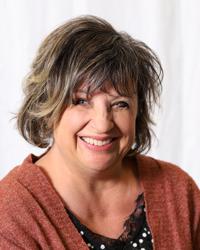
Esther Ulrich, LMHC
Mental Health Therapy
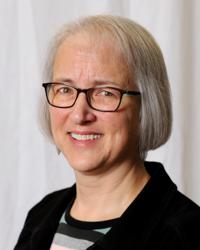
Emily Swartley, ARNP
Psychiatry
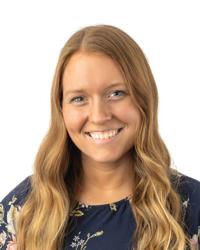
Emma Redington, LISW
Mental Health Therapy
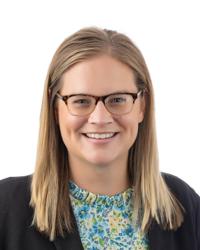
Alyssa Fruchtenicht, LISW
Mental Health Therapy
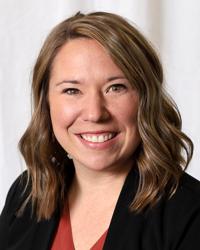
Autumn Schrage, LISW
Mental Health Therapy
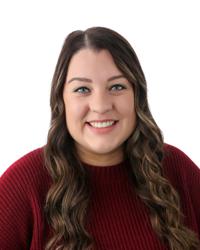
Alexandra Harden, tLMHC
Mental Health Therapy
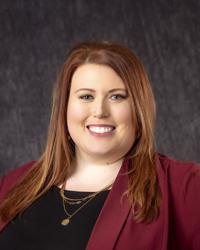
April Kiefer, LISW
Mental Health Therapy
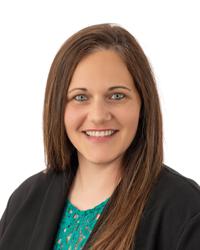
Abby Kolthoff, ARNP, PMHNP-BC
Psychiatry

Adarienne Burrow, LMHC
Mental Health Therapy
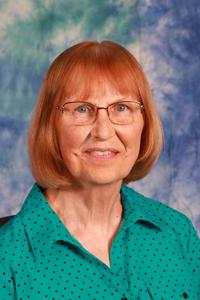
Pat Nelson, LISW
Mental Health Therapy
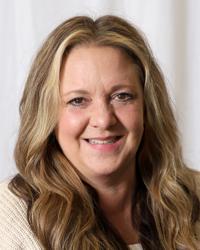
Angela Bigelow, LMHC
Mental Health Therapy
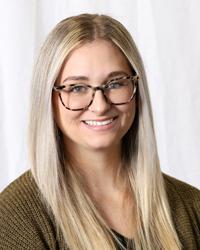
Ashley Petersen, LMHC
Mental Health Therapy
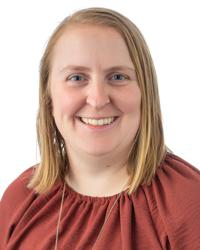
Brekahn Gasvoda, LISW
Mental Health Therapy

Joanna Anderson, ARNP
Psychiatry

Joyce Andresen, LISW
Mental Health Therapy

Jason Dibben, LMSW
Mental Health Therapy
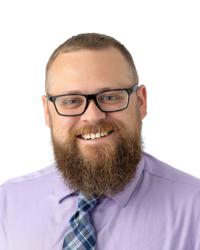
Jeremy Everett, LISW
Mental Health Therapy
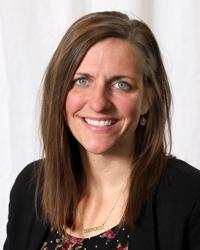
Kelsey Ostendorf, LISW
Mental Health Therapy
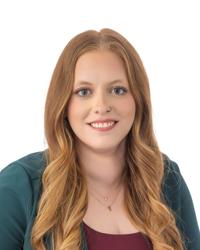
Kayla Leyh, PMHNP-BC, ARNP
Psychiatry
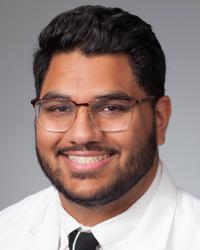
Manraj Padda, MD
Psychiatry
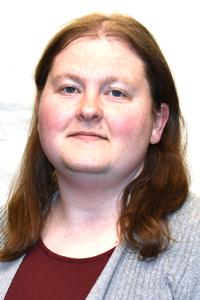
Nicole Delagardelle, ARNP
Psychiatry
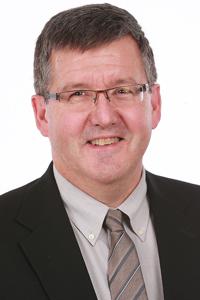
Tom Eachus, LISW
Mental Health Therapy
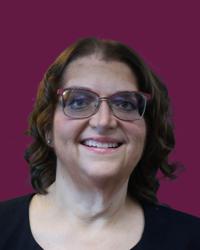
Teresa Hanson, DNP, PMHNP
Psychiatry

Trey Smith, tLMHC
Mental Health Therapy
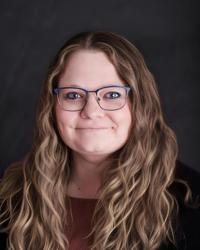
Taylor Peterson, LISW
Mental Health Therapy
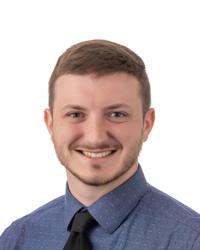
Timothy Hoffmann, PMHNP-BC, ARNP
Psychiatry
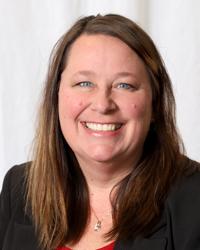
Theresa Kramer, LISW
Mental Health Therapy
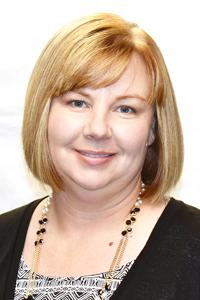
Stephanie Giesler, ARNP
Psychiatry

Samuel Rasmussen, LISW
Mental Health Therapy
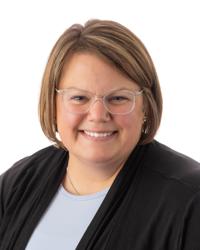
Casey Alderman, tLMHC, CADC
Mental Health Therapy

Connie Poppenhagen, LISW
Mental Health Therapy

Chandler Coulander, LMSW
Mental Health Therapy
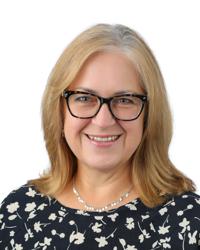
Donna Dobson Tobin, ARNP
Psychiatry
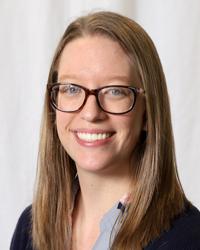
Kelsey Elfritz, LMHC
Mental Health Therapy

Kelly Decker, tLMHC
Mental Health Therapy
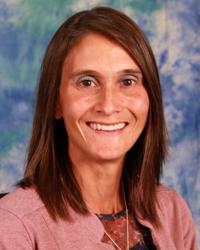
Melissa Adams, LISW
Mental Health Therapy
Additional Services
Mental Health Matters
The mental health of our community affects everyone, and that’s why Black Hawk-Grundy Mental Health Center is eager to raise awareness and funds to help meet the critical need for services.
In 2025, Gary Kroeger, Saturday Night Live alum, shared his personal story of his mental health journey and issued a call to action for the 700 plus community members in attendance to make our community the leader in mental health awareness in the State. Funds raised at this year’s event will be directed toward developing a stipend and/or endowment to support the recruitment and retention of mental health professionals at the Black Hawk-Grundy Mental Health Center.
Make It OK
BHGMHC supports the Make It OK campaign.
Make It OK is an anti-stigma campaign created to encourage individuals to talk more openly about mental illness. By breaking the silence, we can help our friends, neighbors and loved ones feel understood and supported.
It's time to start talking about mental health and Make It OK.
- It's OK to have a mental illness – many people do
- 1 in 5 will have some type of mental illness in their lifetime
- It's OK to talk about mental illness – talking makes people feel less alone
- It's OK to get help with mental illness – life can get better
Learn more at MakeItOK.org.



Our History
1949
In 1949, a group of citizens on the Social Services Council in Black Hawk County began discussing the need for a mental health center in our community. These meetings, facilitated by Opal Fore, a visiting social worker from the Iowa Mental Health Authority, Glenda Mabrey, a teacher with the Waterloo Public Schools and Blair Wood, the Black Hawk County Attorney, resulted in the election of the first Board of Directors in December 1949.
1950
On March 21, 1950, the Center opened for business with three offices located at 420 Commercial Street. In five short years, The Center had outgrown the space available, and a move was made to the corner of West 11th and Washington Street. Again, the demand for service exceeded the staff and space resources available and a waiting list for services was established. Sometimes, it took as long as six to ten months to be seen.
1957
The Mental Health Center's first Executive Director, Jack Joelson was hired in November 1955 and in 1957, the agency moved yet again to the Community Services Building located at 2530 University Avenue.
1964
Dr. Harold Korner was hired as the first Medical Director in 1961 and in 1964, we began providing services to residents of Grundy County.
1966
In the fall of 1966, a new building totaling 5,000 square feet was completed at 3251 West 9th Street.
1988
In 1988, we opened our Community Support Center at 907 Independence Avenue for our Outreach, Drop In and Homeless Programs. This facility closed in 2003 due to budget constraints.
2001
In 2001, we added a 6,000 square foot addition to our main building. We began leasing space in the Black's Building in 2006 for our Mental Health Recovery/Peer Support Center and in 2017 we moved this program to a leased building at 624-262 Commercial Street in Waterloo.
2011
In 2011 we completed our second building addition at our main office, adding much needed office and meeting room space.
